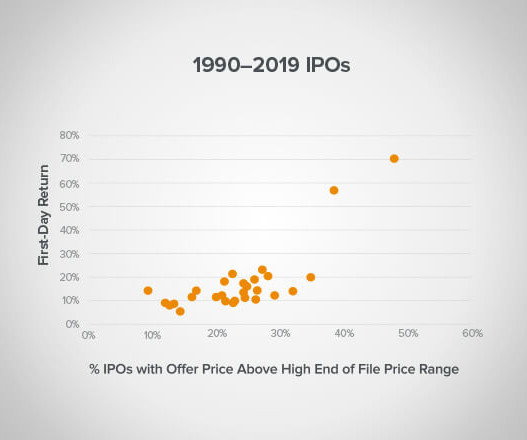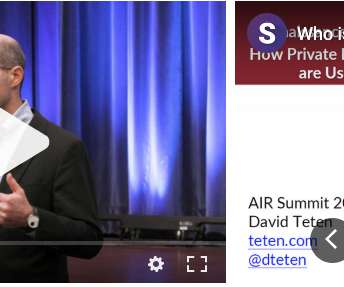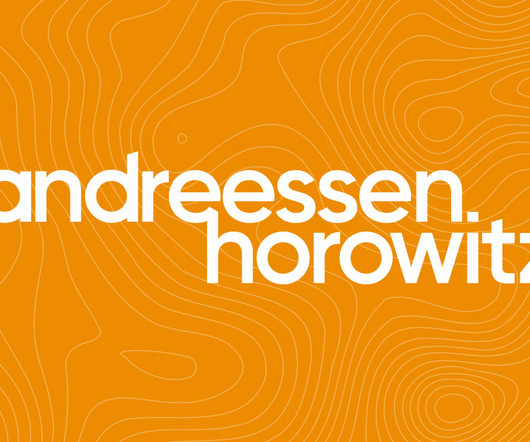In Defense of the IPO and How to Improve It, Part 2: Peeking Behind the Pop
Ben's Blog
OCTOBER 29, 2020
Have bankers simply become even more evil in 2020, deliberately diverting more money from a company’s coffers to line the pockets of the buy-side institutional investors who subscribe to IPO shares? The laws of supply and demand, and marginal pricing, withstand the test of time. The tl;dr: It’s Economics 101.













Let's personalize your content